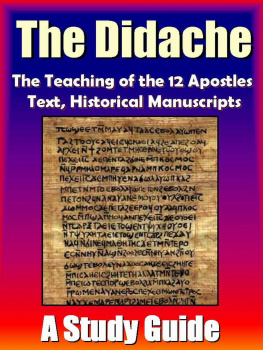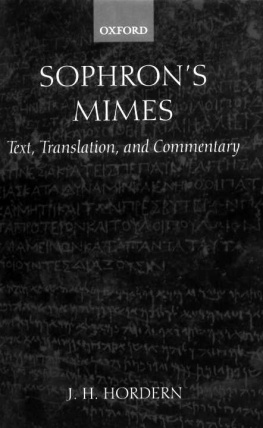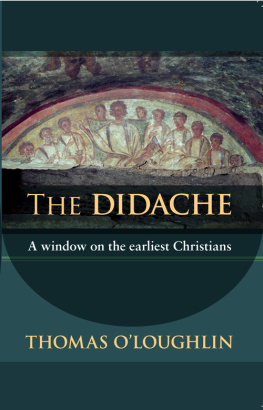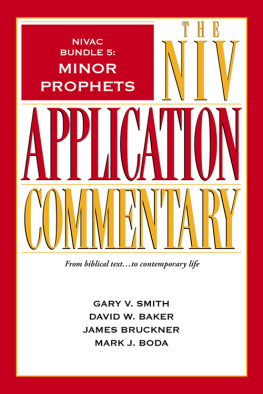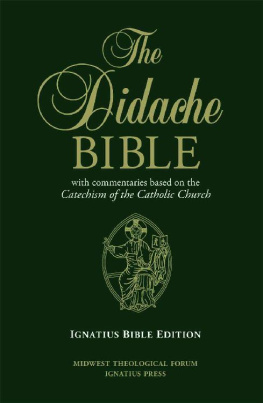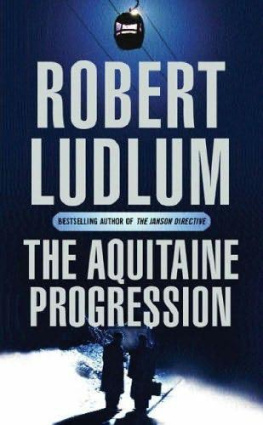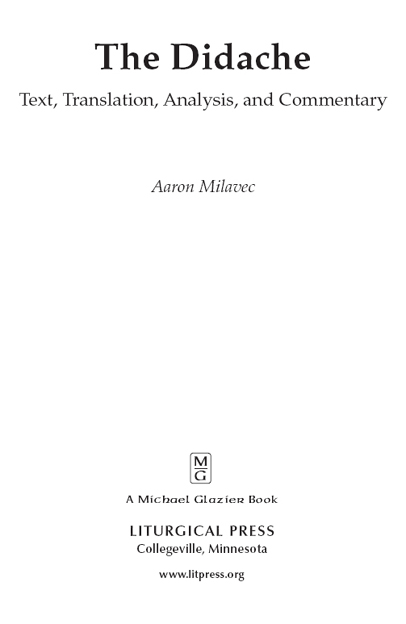
A Michael Glazier Book published by Liturgical Press.
Cover design by Ann Blattner.
2003 by Order of Saint Benedict, Collegeville, Minnesota. All rights reserved. No part of this book may be reproduced in any form, by print, microfilm, microfiche, mechanical recording, photocopying, translation, or by any other means, known or yet unknown, for any purpose except brief quotations in reviews, without the previous written permission of Liturgical Press, Collegeville, Minnesota 56321. Printed in the United States of America.
ISBN 13: 978-0-8146-5831-4
ISBN 10: 0-8146-5831-8
ISBN: 978-0-8146-8247-0(e-book)
The Library of Congress has cataloged the printed edition as follows:
Library of Congress Cataloging-in-Publication Data
Didache. English and Greek.
The Didache : text, translation, analysis, and commentary / Aaron Milavec.
p. cm.
A Michael Glazier book.
Includes bibliographical references.
ISBN 0-8146-5831-8 (alk. paper)
1. Christian ethicsEarly works to 1800. 2. ChurchEarly works to 1800. 3. Didache. 4. Christian ethicsHistoryEarly church, ca. 30600. 5. ChurchHistory of doctrinesEarly church, ca. 30600. I. Milavec, Aaron, 1938 II. Title.
BS2940.T4A3 2004
270.1dc21
2003051664
To my beloved Deborah

Her presence is the Breath of God
lifting up and caressing me
as my feeble words take flight.
Contents
Introduction
The Didache represents the preserved oral tradition whereby mid-first-century house churches detailed the step-by-step transformation by which gentile converts were to be prepared for full active participation in their assemblies. As an oral tradition, the Didache encapsulated the lived practice by which non-Jews were initiated into the altered habits of perceiving, judging, and acting characteristic of one branch of the Jesus movement during the mid-first century.
This Didache reveals more about how Christians saw themselves and how they lived their everyday lives than any book in the Christian Scriptures. It is not a gospel and, accordingly, it does not attempt to offer guidance by narrating a life of Jesus. In fact, it is older than the canonical gospels and was written in the generation following the death of Jesus when the message of Jesus was not yet encapsulated in stories about Jesus. Nor is the Didache a letter like the writings of Paul. In fact, the Didache was created at the time of Pauls mission to the gentiles, but it shows not the slightest awareness of that mission or of the theology that undergirded it.
The Didache is an anonymous document. Like so many other early Christian books, it did not belong to or originate with a single individual. It belonged to various communities of householders who had received a Way of Life revealed to them by the Father through his servant Jesus. Given the manifest clues of orality within the Didache itself, one can be quite certain that it was originally composed orally and that it circulated on the lips of the members of this community for a good many years before any occasion arose that called for a scribe to prepare a textual version.
The Didache did not originally have any title. When it was used, everyone knew what it was and how it was to be applied. When the written copy did finally get a title it was called The Training of the Lord Through the Twelve Apostles to the Gentiles. Scholars today have abbreviated this long title as Didache (usually pronounced Did-ah-Kay)the Greek word for the systematic training that a mentor (or a master craftsworker) would give to an understudy (apprentice). This was a remarkably fitting working title even though, as the commentary will show, it has not been adequately appreciated or understood.
The Didache represents the first concerted attempt by householders (Crossan 1998) to adapt the way of Jesus to the exigencies of family, occupation, homethe very things that Jesus and his wandering apostles had left behind (Theissen 1977). Paul did this for the communities he founded. The twelve apostles undoubtedly did this for the community at Jerusalem. From Paul, however, we have only occasional letters. From the Twelve we have nothing. The Acts of the Apostles gives only passing details regarding community life in the Jerusalem church and in the churches founded by Paul. The Didache, in contrast, offers a full-blown description of nearly every aspect of community life:
One overhears a candidate being trained from scratch by a mentor who becomes his beloved father or mother. One witnesses the fasting and the solemn rite of baptism, preferably by immersion in flowing water. One overhears the daily prayers and the weekly eucharistboth of which are outlined in full detail. One learns how visiting prophets were a blessing and a danger at the same time. One comes to understand how manual work, the sharing of resources, and the cultivation of gratitude worked together to provide a mainstay for individual wellbeing within a community. One learns how the confession of failings, the correction of backsliders, and the shunning of recalcitrant members worked to maintain the communitys standards of excellence and to insure that their sacrifice was pure. Finally, one discovers how a community poised on the threshold of the Kingdom of God shared the same passionate expectation of Gods future Jesus had preached to the Jewish peasants and fishermen of Galilee (Milavec, Didache 2003, ix).
Initially the ordering of the material in the Didache may seem ragged and confusing. Upon careful examination, however, one can discover the organizational thread that accounts for the flow of topics and reveals the marvelous unity hidden below the surface from beginning to end. This is the same organizational thread that those who originally recited the Didache relied upon for ordering their recitation. The organizational thread is this: the Didache unfolds the comprehensive, step by step program used for the formation of a gentile convert. By following the order of the Didache, mentors training novices were assured of following the progressive, ordered, and psychologically sound path that master trainers had effectively culled from their own successful practice in apprenticing novices. From the vantage point of the novice the ordering of events within the Didache reveals how a candidate came to progressively enlarge those habits of judgment and ritualized experiences required for a full and active participation in the community. Needless to say, this organizational thread will not be entirely evident at first reading. With time, however, one will come away with the growing satisfaction of noticing how, at every point, nothing comes too early, nothing comes too late, everything comes in just its proper place.
Christians have come to regard the books of the Christian Scriptures (New Testament) as including all the authentic writings produced by the Jesus movement during the first century. Sad to say, this judgment is not correct. The



